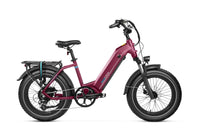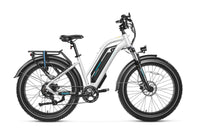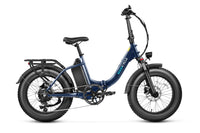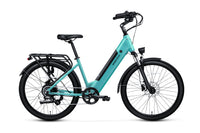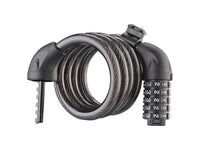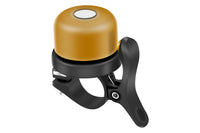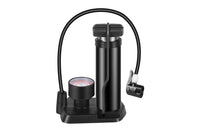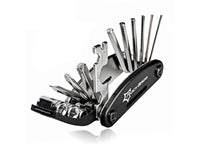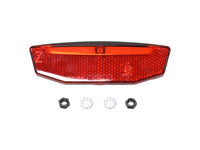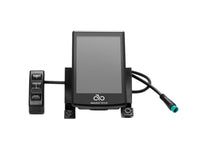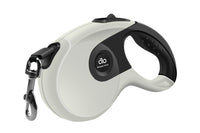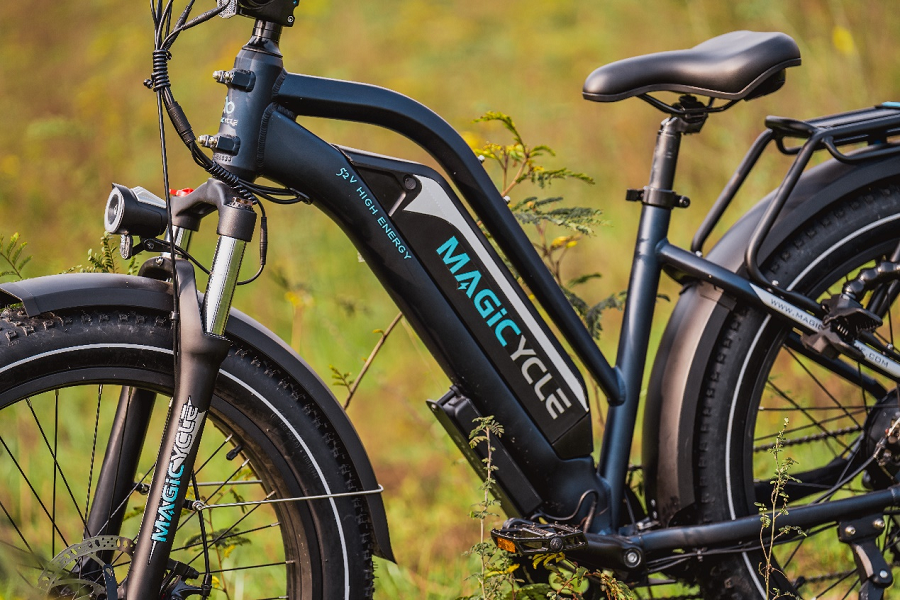 November 19,2024
November 19,2024
 November 19,2024
November 19,2024
A great ride with an e-bike will make your day. To extend the length of your happy time with your e-bike, some basic steps need to be taken for the e-bike battery life span. Never would you like to find your battery is dead when you start your ride.
How can you prevent this from happening? Here are some tips to extend the life of your electric bike battery and protect the most valuable part of your investment.
Use the Original Charger
The first thing to do to optimize battery health is to use the charger that came with your electric bike. The chargers provided by the manufacturer take into account the specifications of your battery.
As fast-charging battery breaks into the e-bike market, not all the chargers are suitable for your e-bike. A 48v charger should not apply to a Magicycle 52v fast-charging battery.
Do not Overcharge or Fully Discharge

Most manufacturers provide a warranty period exclusively for batteries, usually expressed as charge cycles, for instance, Magicycle battery supports 900 cycles of re-charging. One cycle counts as charging the battery from 0% to 100%. If you use 25% of the battery capacity and then recharge it to 100%, you can recharge it 3 more times before reaching a full charge cycle.
To maximize battery life, you should avoid overcharging the battery. If you know you won't need a full charge, it's best to charge up to 85%.
The same is true for discharging. If you can avoid going all the way to zero, your battery will be much happier.
An exception is a fast-charging battery. The first 50% of fast charging doesn't put too much strain on the battery. It is the last 50% that needs to be relieved. While most bikes allow charging on the bike, it's better to remove the battery from the bike at least once a month to check the connection. Water, sweat, and sticky substances can cause poor connections and corrosion.
Stay Away From Salt
As mentioned above, while electric bike batteries are resistant to corrosion, salt is highly corrosive. You may want to avoid areas like salty new roads.
However, if you do expose your battery to salt, there are a few things you can do to limit any damage. First, disconnect the battery and clean it with a dry cloth. Be sure to clean everything including the connections. After cleaning the battery, wipe the bike down with a clean, damp cloth, taking care not to get any electronic components wet. Also, while you can keep your bike well-lubricated, this is especially important if your bike is prone to salt.
Tips for a Long-term Storage
If you know you won't be using the battery for a few months, it's wise to take a few extra precautions: The self-discharge rate of lithium batteries is highest when fully charged and lowest when near depletion. So over a long period of time, your battery will lose less capacity due to partial discharge.
A compromise to reduce capacity loss over time and conserve the battery is to store it at approximately 80% charge.
It's best to store the battery in the coolest, most convenient place you can find and briefly charge it every 4 to 6 weeks. Again, don't let your battery flat and go months without a charge.
Avoid Extreme Temperatures
Salt is not the only thing you want to avoid on an electric bike. You will find that your electric bike is also sensitive to extreme temperatures. Therefore, it is better not to ride an electric bike if the temperature is below -4 degrees Fahrenheit.
Also, be careful to store your bike in a cool, dry place. If you don't have a good place to store your bike, at least remove the battery and keep it safe at home. Your bike battery should be kept in temperature-controlled conditions and cleaned until you need it. A day or two outdoors will rarely hurt too much, but regular storage of the battery in extreme temperatures wears it down.
If you don't need the battery for a while, be sure to keep it partially charged. You don't want to store your battery fully charged or flat; if you do, the battery may lose capacity or not work at all.

























































